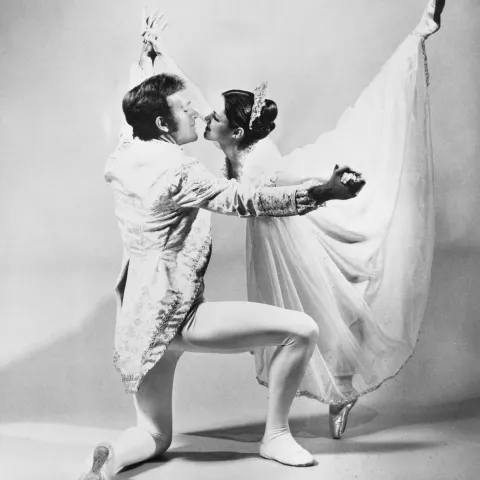When Africans were forcibly brought to America, many entered through ports including Charleston and Savannah. Although they were displaced, they were able to preserve their culture, traditions, and speech patterns.
P.A. Bennett visits the Lowcountry and meets Sharon Murray, historical interpreter at Boone Hall Plantation, who tells of the history of the plantation, and its Gullah history and language. She discusses the skills that slaves possessed, such as brickmaking, carpentry, blacksmithing, weaving or spinning, and those of field hands, house servants, and more. She discusses the Creole language, which combines different African dialects. She provides an example of the language and then provides it once more, so that we can understand what she said.
Joining P.A. in the studio is Ronald Daise, VP of Creative Education at Brookgreen Gardens, on Murrells Inlet. He discusses the work he and his wife did on the Nick Junior series, Gullah Gullah Island, and his first book, Reminiscences of Sea Island Heritage (1986), published by Sandlapper Publishing of Orangeburg.
He explains that we have a strong Gullah presence in the Lowcountry and that this is because the sea Island communities were not connected to the mainland, the Gullah traditions and culture have remained. This is why these traditions have prevailed in the Lowcountry.
He talks about his book, Little Muddy Waters: A Gullah Folktake (1997), about a boy who has a space between his two front teeth, and Daise explains that in some cultures, this can be viewed negatively and is called "de Liar's Gap," however, in some parts of West Africa, Brazil, Jamaica or the West Indies, it is viewed as quite attractive. He mentions that respect for elders is a tradition of the Gullah people. This is fundamental in West African countries even more so than in Gullah communities today.
His new book is called Gullah Branches, West African Roots (2007), and in many ways, it is a sequel to his first book, written 21 years earlier.
He discusses the program he offers, Gullah/Geechee Rhythms, at Brookgreen Gardens. The program provides cultural touchstones to Gullah culture.

